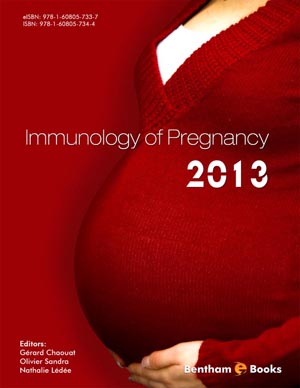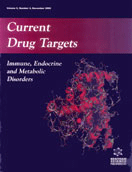Abstract
During pregnancy, the maternal immune system is presented with the major challenge of maintaining a state of tolerance towards the allogeneic fetus, yet retaining the ability to mount an effective response to pathogens. Dendritic cells (DC) are bone marrow-derived professional antigen presenting cells critical in promoting immune responses and preventing autoimmunity. DC accumulates in the uterus during early stages of gestation, where micro environmental signals drive their maturation and determine their tolerogenic or immunogenic potential. Most importantly, DC subsets have recently emerged as important regulators of angiogenic and vascularization responses, which constitute a hallmark of successful implantation and pregnancy. This chapter discusses current aspects of DC biology at the fetal-maternal interface, focusing both on their classical role as promoters of tolerance or immunity; as well as the importance of their interplay with other components of the maternal immune system (i.e, NK cells) for the maintenance of pregnancy. A better understanding of the molecules and mechanisms modulating DC functions during gestation will provide important insights in reproductive medicine.
Keywords: Dendritic cells, immune response, angiogenesis, natural killer cells.






















